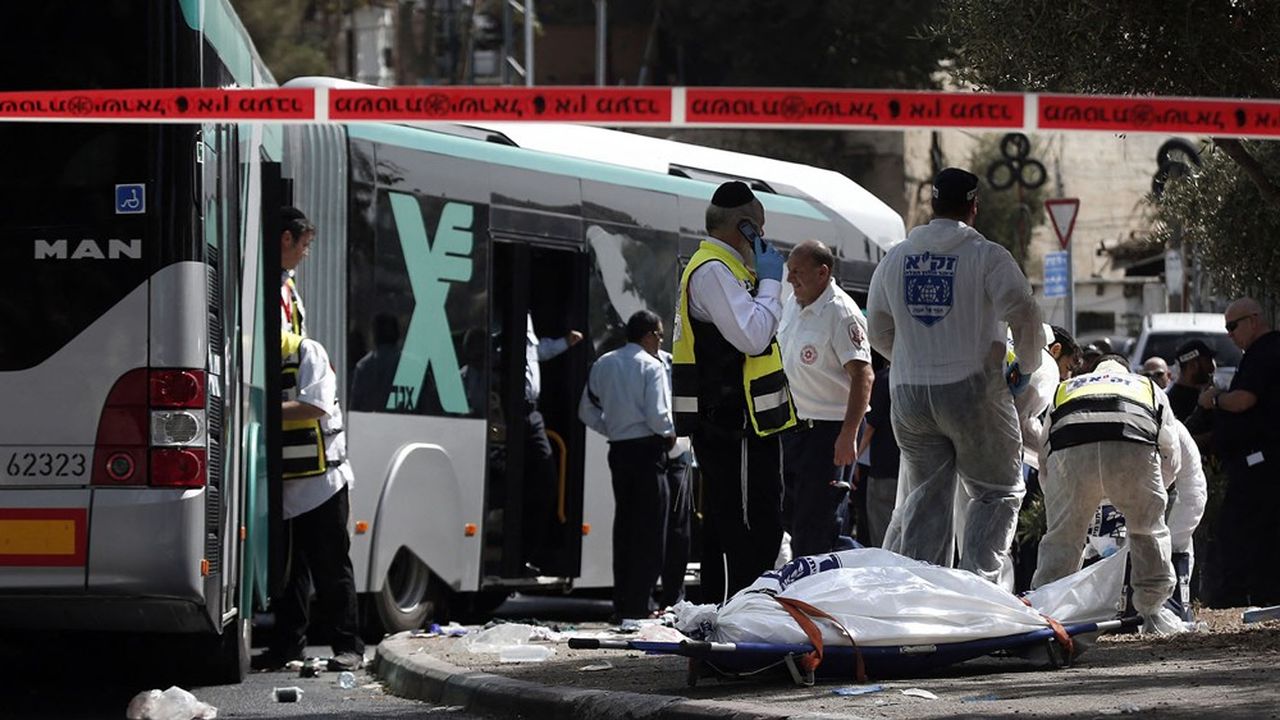
Israel lives in fear of reliving the nightmare of suicide bombings in buses, cafes, markets, in the streets. Hamas has indeed announced its intention to launch a terror campaign of this nature. The threat has been taken seriously and has served as a pretext for launching a “preventative” military operation in the West Bank, the largest in 22 years during the Second Intifada, the Palestinian uprising.
Since the ground and air operations began on Wednesday, at least 12 Palestinians from Hamas and the even more radical Islamic Jihad have been killed in three refugee camps in the northern West Bank, a region captured by Israel in the 1967 Six-Day War.
The alarm bells were raised by a failed suicide bombing attempt on August 13. That day, a Palestinian man was killed when a bomb he was carrying in a bag behind his back exploded prematurely in Tel Aviv. A passerby was injured.
Suicide operations
Hamas and Islamic Jihad claimed responsibility for the attempt and warned that similar attacks would be more frequent. Khaled Mashaal, a senior Hamas official, also said in Turkey on Wednesday that the Islamic movement intended to “return to suicide operations,” as the Islamic organization has suffered huge losses in the Gaza Strip since the war began on October 7.
On social media, Hamas is waging an intimidation campaign by publishing photomontages showing men with their faces hidden by keffiyehs and explosives hidden in their backs, and buses ripped open by explosions, all with a caption in Arabic and Hebrew: “Terror will reach you”, “our shaheed (martyrs in Arabic) are on their way”.
Horror images
The Islamists also use photos glorifying Yahya Ayyash, a Palestinian Hamas member nicknamed “the engineer”, who specialized in the production of bombs designed for a series of suicide attacks that killed around sixty people, before he was killed in 1996 by the Israeli secret services using a booby-trapped mobile phone.
In total, Palestinian suicide bombers carried out 450 attacks in the late 1990s and early 2000s, killing 527 Israelis and injuring 3,350, according to official figures. The images of horror caused by these attacks have remained etched in the memory of Israelis.
“We launched our operations to reinforce the sense of security,” a military spokesman said. In response to criticism of the Israeli operation by UN Secretary-General Antonio Guterres, among others, Israeli Ambassador to the UN Danny Danon said Israel “cannot sit back and wait for buses to explode in city centres before taking action.”
Win the war
Israel Katz, the head of diplomacy, pointed an accusing finger at Iran, which he said was supplying weapons and explosives smuggled across the border between Israel and Jordan to Islamists in the West Bank. “We must confront this threat by all possible means, including in some cases of intense fighting, by temporarily evacuating the population from one neighborhood to another in refugee camps so as not to harm (Palestinian) civilians,” the foreign minister warned.
Since the beginning of the war in Gaza, the Israeli army has never forced residents of towns or refugee camps in the West Bank to leave their homes, unlike what has happened in the Gaza Strip, where the number of displaced people is approaching 2 million. “This is a war in every sense of the word and we must win it,” proclaimed Israel Katz.







